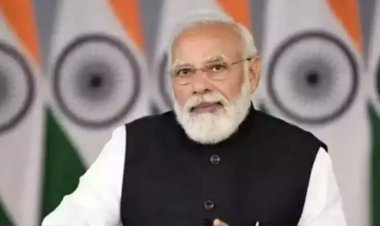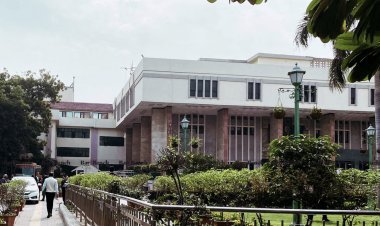'The provision of arbitration will be effective even in agreements without stamp', the decision of the seven-member bench of the Supreme Court
A seven-member Constitution bench of the Supreme Court on Wednesday said that the provision of arbitration in an agreement between two parties without a stamp or with insufficient stamp is enforceable. Through this decision, the Supreme Court has cancelled the decision given by a five-member bench in April this year. A bench headed by Chief Justice DY Chandrachud delivered the unanimous verdict.
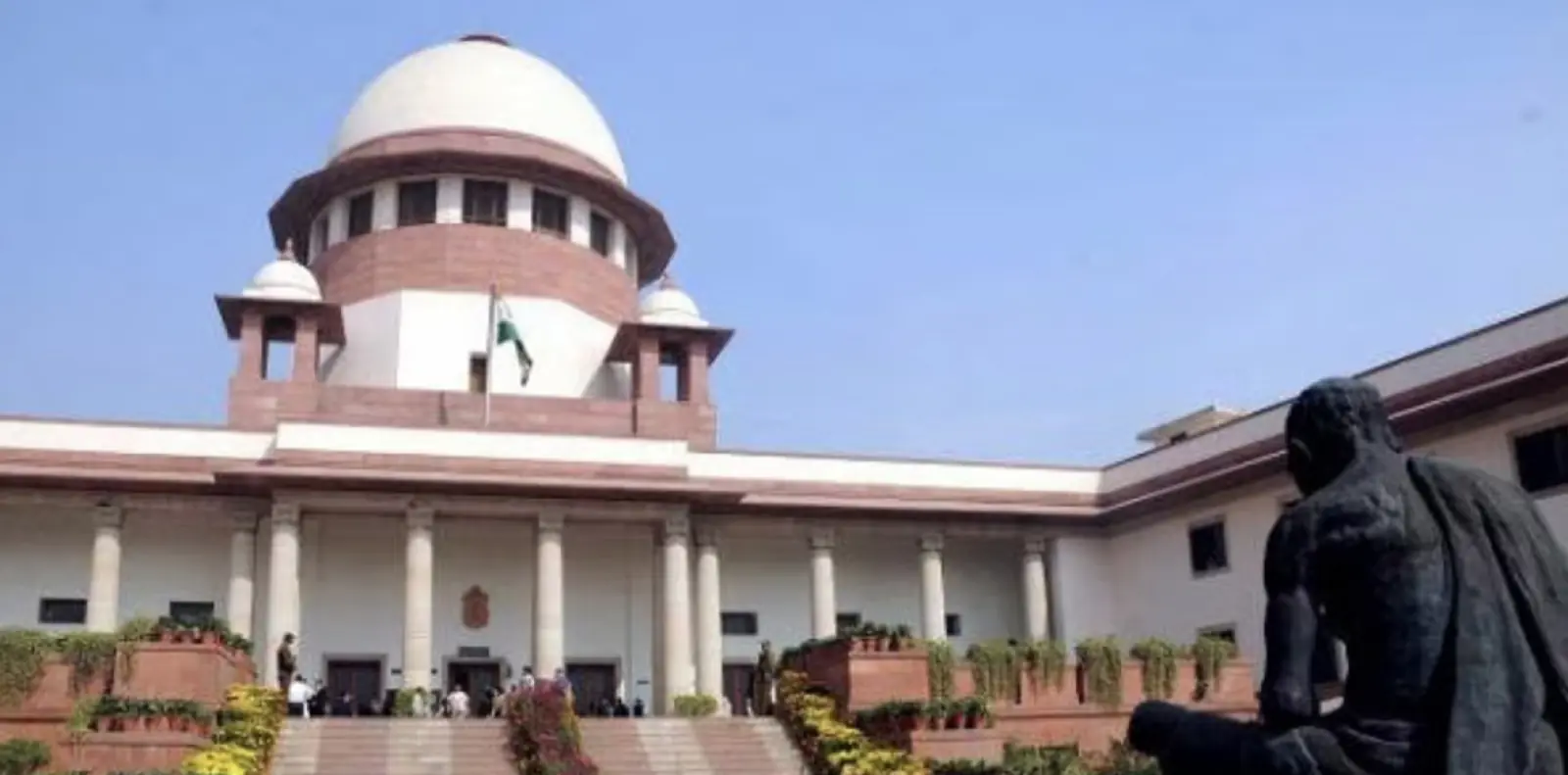
A seven-member Constitution bench of the Supreme Court on Wednesday said that the provision of arbitration in an agreement between two parties which is unstamped or has insufficient stamp is enforceable and such defect is rectifiable. This does not make the agreement invalid.
Through this decision, the Supreme Court has set aside the decision delivered by a five-judge bench in April this year and will have significant and far-reaching implications for other agreements that have arbitration provisions to resolve disputes between corporates and contracting parties.
The apex court had ruled by a 3:2 majority in the case of M/s NN Global Mercantile Pvt Ltd vs M/s Indo Unique Flame Ltd & Ors that unstamped or insufficiently stamped agreements containing arbitration provisions are not enforceable. Setting aside the said decision, a bench headed by Chief Justice DY Chandrachud delivered a unanimous verdict and said that the absence of a stamp on the agreement or insufficient stamp has nothing to do with the validity of the document as it is a remedyable defect.
Writing the judgment on behalf of Justice Sanjay Kishan Kaul, Justice BR Gavai, Justice Surya Kant, Justice JB Pardiwala, Justice Manoj Mishra and himself, the Chief Justice said that inadequate stamp does not render the agreement invalid or unenforceable, but This makes it inadmissible as evidence. “Any objection related to the stamping of the agreement falls within the purview of the arbitration tribunal,” he said.
Justice Sanjeev Khanna, who was on the bench, wrote a separate judgment but agreed with the other judges. The court's detailed decision is yet to come. The apex court had reserved its decision on October 12 on the review of the earlier order of its five-member bench. The five-member bench had said in its decision that unstamped arbitration agreements are not enforceable under the law.
The top court had heard the arguments of various senior lawyers, including Darius Khambatta and Shyam Dewan, before reserving its verdict. On September 26, the top court referred the issue of reconsideration of the correctness of the judgment delivered by the five-member bench to a seven-member bench.
This order was issued by a five-member bench headed by the Chief Justice while considering a curative petition in which the issue of the need for reconsideration of the judgment delivered by the five-member bench on April 25 was raised. On July 18, the apex court issued notice on the curative petition and directed it to be listed for hearing in open court.
For Latest News update Subscribe to Sangri Today's Broadcast channels on Google News | Telegram | WhatsApp



































.jpeg)
























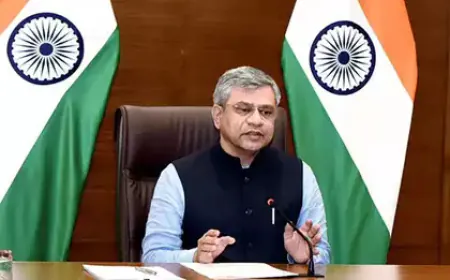
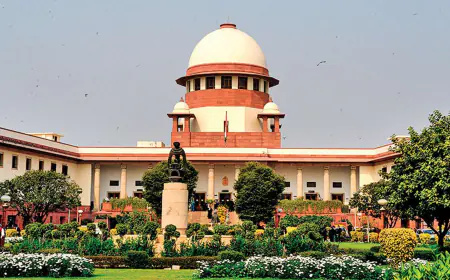













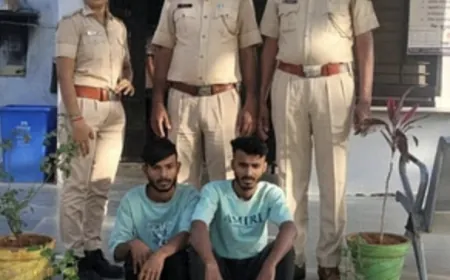

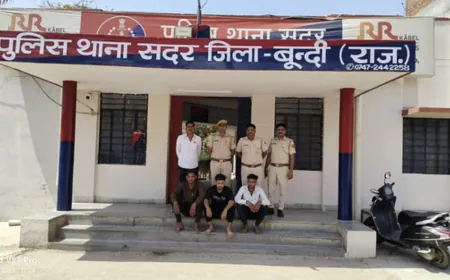
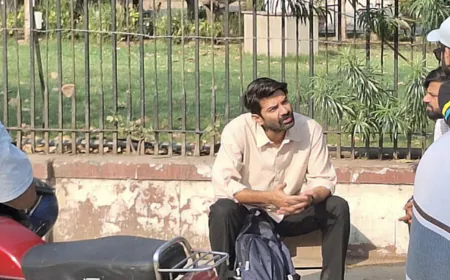

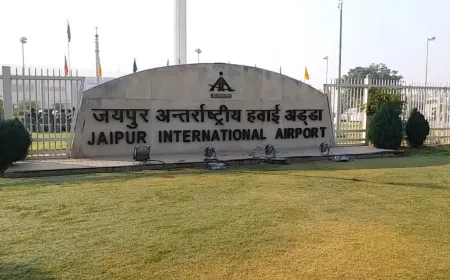




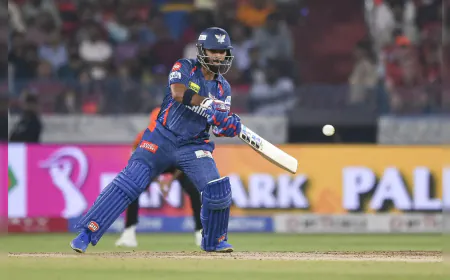























.jpeg)



